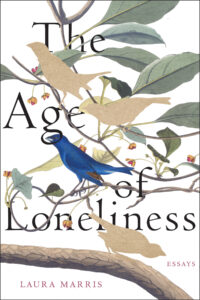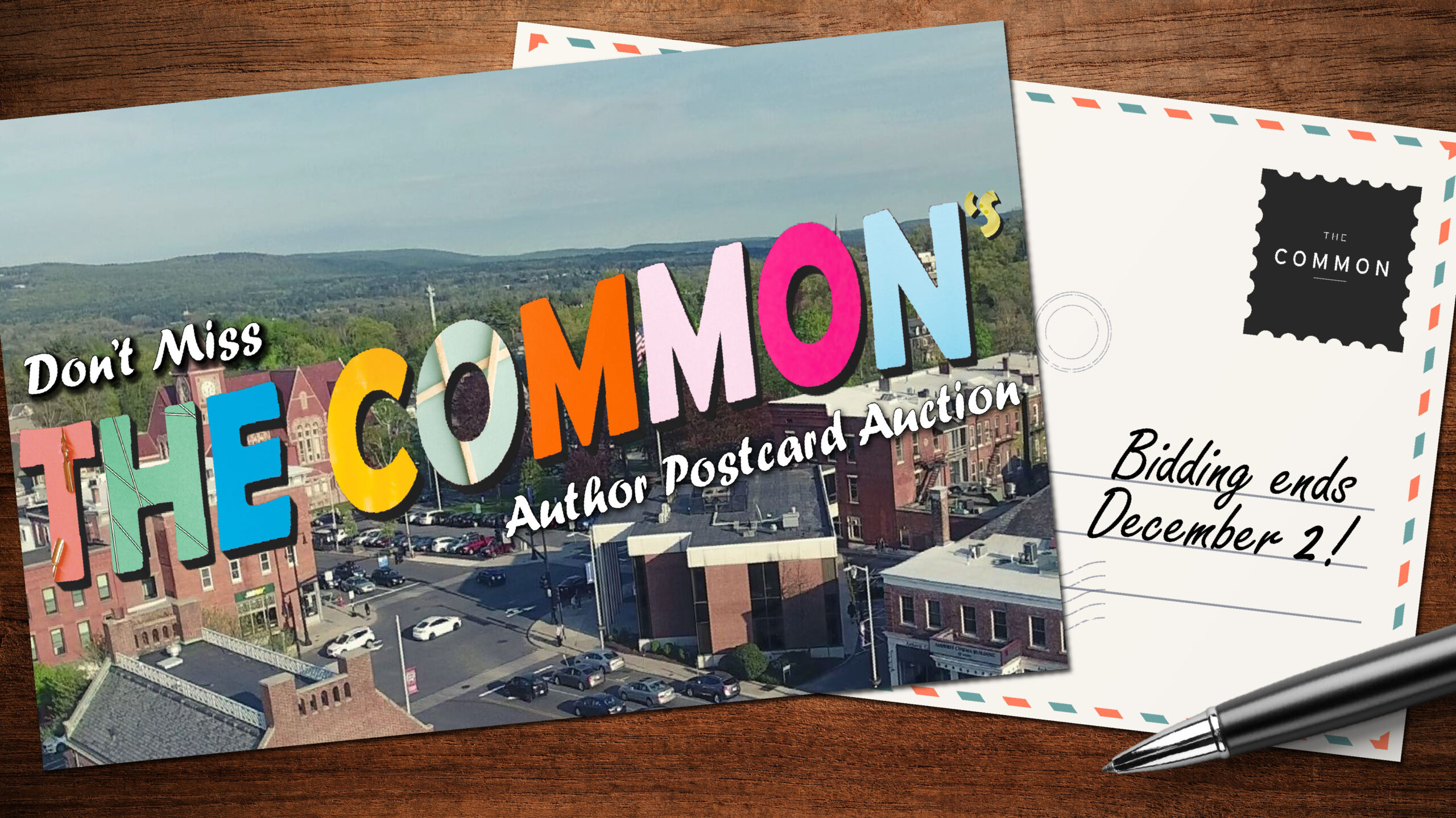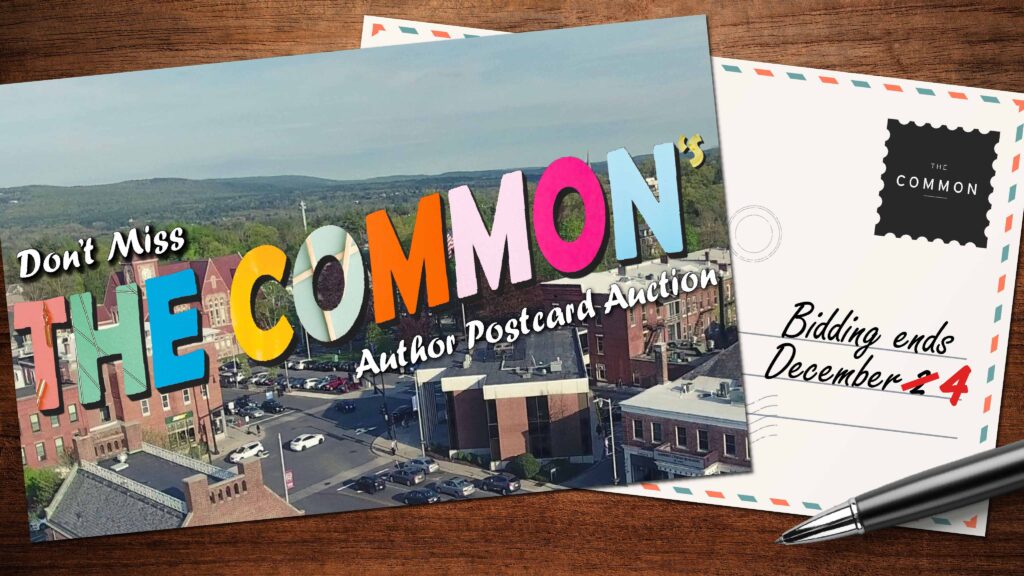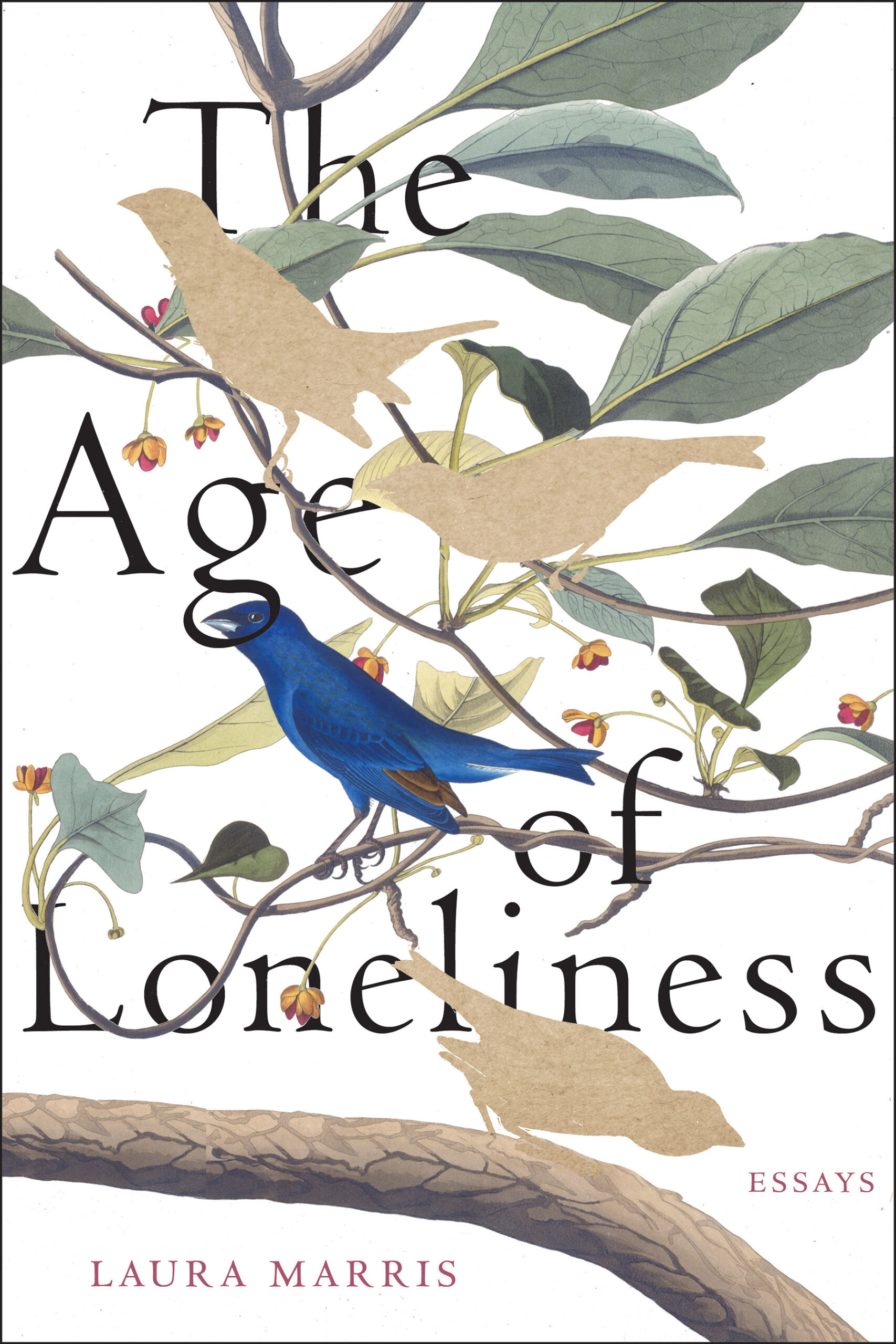Emily Everett
The Common Young Writers Program is Open for Applications!
Applications closed May 18 but you can register your interest in next summer’s session here.
Applications are open for The Common Young Writers Program, which offers two two-week, fully virtual summer classes for high school students (rising 9-12). Students will be introduced to the building blocks of fiction and learn to read with a writer’s gaze. Taught by the editors and editorial assistants of Amherst College’s literary magazine, the summer courses (Level I and Level II) run Monday-Friday and are open to all high school students (rising 9-12). The program runs July 21-August 1.
Full and partial need-based tuition waivers are available for both levels; we hope that no student will let financial difficulty prevent them from applying. Tuition waivers will be awarded to students with strong applications who cannot attend the program without financial assistance. In the application, students will have the opportunity to briefly describe their financial circumstances and state the amount they could afford to pay, if any, if accepted into the program. No tax returns or other documentation is required.
Click here for more information and details on how to apply.
LitFest 2025 Excerpts: Video Poems by Paisley Rekdal
Amherst College’s tenth annual literary festival runs from Thursday, February 27 to Sunday, March 2. Among the guests is PAISLEY REKDAL, whose book West: A Translation was longlisted for the National Book Award. The Common is pleased to reprint a short selection of video poems from West here.
Join Paisley Rekdal and Brandom Som in conversation with host Ruth Dickey, Executive Director of the National Book Foundation, on Sunday, March 2 at 2pm.
Register and see the full list of LitFest events here.
Not
What Day
Heroic
Paisley Rekdal is the author of four books of nonfiction and seven books of poetry, most recently West: A Translation, which won the 2024 Kingsley Tufts Poetry Award and was longlisted for the National Book Award. The former Utah poet laureate, she teaches at the University of Utah, where she directs the American West Center.
Weekly Writes Volume 9 is here to keep you accountable!
Weekly Writes Vol. 9 signups have closed. To hear about our next round of Weekly Writes when it opens, please register your interest here.
Is your New Year’s resolution to write more?
To write beyond your comfort zone?
To stay accountable to your goals and projects, every week?
The Common is here to help!
Weekly Writes is a ten-week program designed to help you create original place-based writing and stay on track with your goals in the new year, beginning January 27.
We’re offering both poetry AND prose, in two separate programs. What do you want to prioritize in 2025? Pick the program, sharpen your pencils, and get ready for a weekly dose of writing inspiration (and accountability) in your inbox!
The 2024 Author Postcard Auction is open till Dec. 4!
I feel like the only person still sending postcards, but a pantheon of best-selling authors is taking up the practice for a good cause.”
—Ron Charles, The Washington Post
This holiday season, you could hear from one of your favorite authors—writers like Sandra Cisneros, Rumaan Alam, and Stephen Graham Jones—or have them write a missive to the book nerd on your gift list, all thanks to The Common. Our tenth annual Author Postcard Auction runs from November 11 to December 4. Authors will write and send postcards in time for the holidays, which in the past have featured personal anecdotes, original poems, and even doodles, making them a perfect gift for readers. Bid here!
This one-of-a-kind online auction, as featured by The Washington Post’s Book Club newsletter and BookRiot, gives book lovers around the world the opportunity to bid on handwritten, personalized postcards from their favorite writers (plus a few actors and musicians too!). The postcards make great gifts for the literature-lovers in your life.
Burning Language: New And Queer Chinese Voices
Editor’s Note
For the rest of the world, China’s 2008 Summer Olympics—with its $40 billion budget, dramatic “Bird’s Nest” stadium, and the lavish spectacle of its opening ceremony—marked the ascension of a new economic superpower onto the modern stage. Since then, new generations of Chinese youth have grown up into a society constantly rippling with changes, inundated with globalization, technology, and consumerism.

Beijing, China – The national stadium built for the 2008 Summer Olympics & Paralympics
Today, the West views China with curiosity, suspicion, and a sense of enigma and threat. Chinese literature translated into English is still predominantly written by older authors from the period of World War II, Maoism, and the Cultural Revolution. This leaves the up-and-coming generation of Chinese artists, now dealing with wholly different lifestyles and a wholly new set of concerns, all too often neglected.
Who Wants to Look Like the Frenchman?
Mummy dumps a bucket of water over my head. I heard only her footsteps, my back toward the open verandah door, my face toward the sea. My freshly pressed hair shrinks, coils. I can taste the oil sheen as the water rushes down my face. But I had done it, with Grandma’s help. Just for today, I looked like Mummy.
Shadow Count
By LAURA MARRIS

Somewhere in those years of 6 a.m. flights, I developed a recurring dream of a place I knew in the northwesternmost corner of Connecticut, where stone walls snaked among the trees of a forest that had once been farmland. The kind of town where the post office is also home to two chipmunks, one messy and one clean. A place full of wild birds, the flocks of my earliest childhood, vortexes of robins where rural woods broke open into fields. Where I had dug in the streambed and drunk the shimmer of mica with the silt. Where old traces of human mining and clear-cutting had been softened by an enveloping abundance. I felt myself wanting to check on it, wondering how it was doing.
Fee-Free Submission Period
Inspired by the mission and role of the town common, an egalitarian gathering place, The Common aims to foster the global exchange of diverse ideas and experiences. As such, we welcome and encourage submissions from writers who are Black, Indigenous, people of color, disabled, LGBTQIA+-identifying, immigrant, international, low-income, and/or otherwise from communities underrepresented in U.S. literary magazines and journals.
In an effort to remove barriers to access, The Common will open for fee-free submissions for two weeks, from June 17–July 1. Outside of that time, submitters with any financial hardship can contact us at info@thecommononline.org for a fee waiver.













